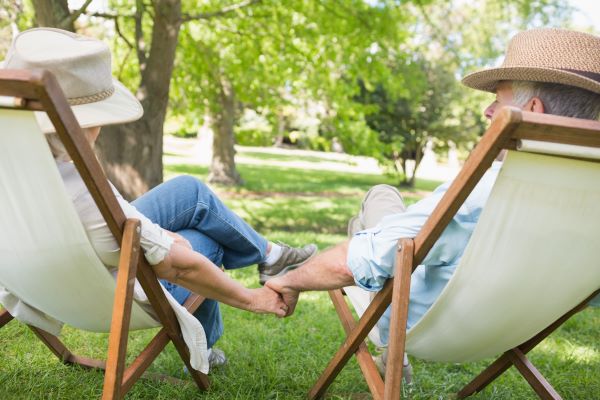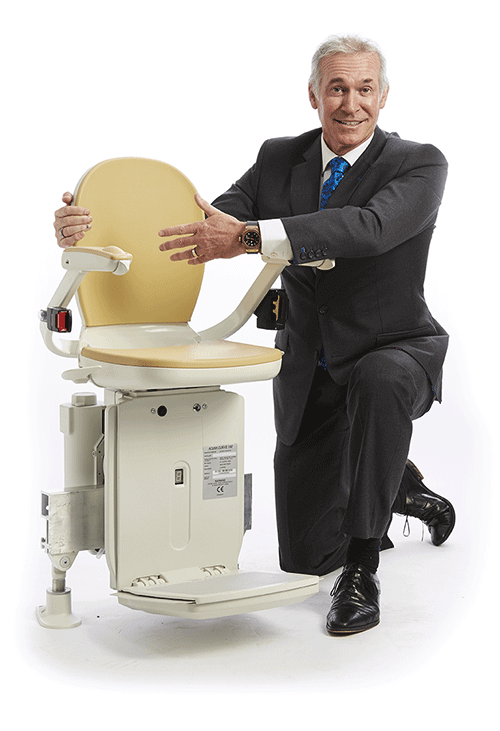Retirement is often seen as a time to rest, reflect, and enjoy the fruits of your labour. But for many, this stage also comes with unexpected emotional challenges. The loss of a structured routine, identity, or even a loved one can bring deep feelings of grief.
At Acorn Stairlifts South Africa, we understand that life after retirement can feel like uncharted territory. If you’re navigating loss or finding it hard to adjust, know that you’re not alone—and there are compassionate ways to cope and find balance again.
6 Gentle and Supportive Ways to Cope with Grief After Retirement
1. Recognise That Grief Can Take Different Forms
Grief isn’t only about losing someone close to you. Retirement itself can bring emotional loss, including:
- The end of a career that defined part of your identity
- Less daily structure and fewer social interactions
- Health or mobility changes that affect your independence
- The passing of friends or family members
It’s okay to feel a mixture of emotions—grief in any form deserves recognition and care.
2. Establish a Routine That Brings You Comfort
Without a work schedule to guide your days, time can feel uncertain. Building a new routine helps give your days structure and meaning.
You could try:
- Starting your mornings with a walk or reading
- Scheduling regular visits or calls with loved ones
- Joining a local group, community programme, or course
- Volunteering for a cause close to your heart
Even small activities can bring a sense of purpose and belonging.
3. Talk About How You’re Feeling
Grief can feel isolating—but talking openly about your feelings is one of the most healing things you can do.
You might choose to speak with:
- A trusted friend or family member
- A grief counsellor or therapist
- A spiritual advisor or community leader
- A support group for retirees or those experiencing loss
You’re not weak for seeking help—you’re showing strength by reaching out.
4. Honour the Past While Creating New Meaning
You can carry your memories with you while still embracing the next stage of your journey.
Consider:
- Keeping a journal or photo album of treasured moments
- Starting a creative hobby like painting, writing, or gardening
- Exploring new interests or travel (even local day trips)
- Passing down your stories and skills to younger generations
Life doesn’t stop at retirement—it shifts. And you have every right to find new joy and meaning.
5. Take Care of Your Physical Health and Safety
Grief often affects sleep, appetite, and energy levels. Being gentle with your body is just as important as caring for your emotions.
Support your well-being by:
- Eating nourishing meals regularly
- Staying active—whether that’s walking, stretching, or gardening
- Attending health check-ups and keeping to any treatment plans
- Making your home safer and easier to navigate
If stairs have become challenging, a stairlift can help you stay comfortable and independent at home.
6. Accept Help When You Need It
Asking for or accepting help doesn’t mean you’re giving up—it means you’re making thoughtful choices for your well-being.
You might:
- Let loved ones lend a hand with errands or tasks
- Accept emotional support from someone you trust
- Speak to a health professional about how you’re coping
- Explore assistive devices to improve daily life at home
You deserve support, safety, and peace of mind during this time.
This New Chapter Can Still Hold Meaning, Connection, and Joy
Grief after retirement is more common than most people realise. But with support, routine, and kindness toward yourself, you can move through it—and into a new stage filled with purpose and care.
At Acorn Stairlifts, we’re here to support you in continuing to live safely and confidently in the home you love—no matter where you are in life.

